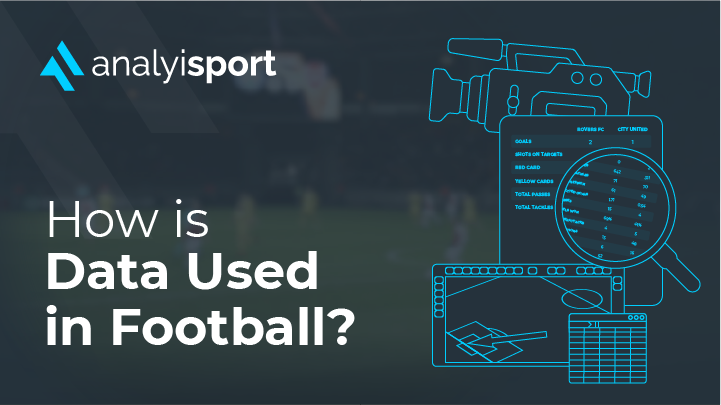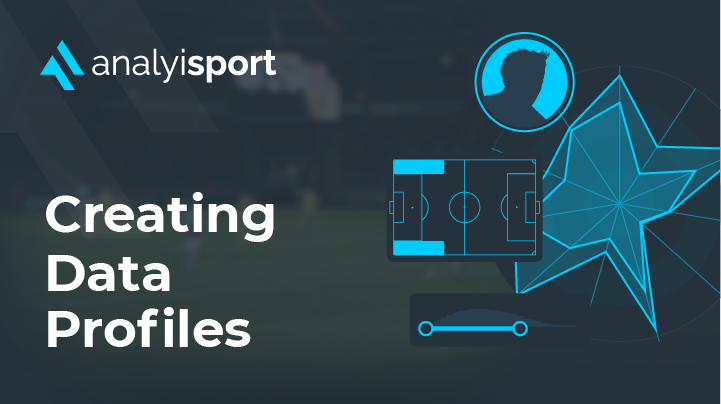How are MLS football clubs investing in data analysis
How are MLS football clubs investing in data analysis?
Clubs around the world are investing in data analysis to improve their performance and make their recruitment smarter. The MLS is no different. It’s a league in which investing in analysis can make a big difference.
The MLS is one of the few major leagues in the world that has a salary cap. This cap means that teams can’t simply invest a lot more than their rivals on player wages to gain an advantage on the pitch. This makes investing in data an effective way for clubs to make the most of their resources.
MLS Clubs Using Data Companies
Opta, which is the official data partner of the MLS, provides event data for every match. Event data includes actions on the pitch such as passes, shots, and tackles. Every club in the league has access to this data.
Clubs are investing their own money in accessing additional data and purchasing software platforms that help them to analyse the data, present it to coaching and playing staff, and integrate it into their daily training and recruitment processes.
One company having a big impact in the MLS is Metrica Sports. Founded in 2014, the firm uses AI and machine learning to provide automated tracking data, which records players’ movement and positions on the pitch. They also provide tools for data visualisation and graphics for video analysis. Their clients in the MLS include Chicago Fire, D.C. United, Houston Dynamo, Nashville SC, Seattle Sounders and Vancouver Whitecaps.
Another company that clubs are teaming up with is StatsBomb. Real Salt Lake announced a deal with StatsBomb in February 2022 to access the company’s performance data, which includes nearly 3500 events per match, and use the StatsBomb IQ platform to manage the club’s analysis workflow. The data company will support the Utah franchise with opposition, recruitment and performance analysis.
“Working with StatsBomb has immensely changed the way we scout, analyse and recruit players from all levels of our organisation,” explained Vahe Tanielian, Real Salt Lake’s Director of Data Analytics. “The ability to disseminate our U15 and U17 academy teams in the IQ platform has enabled us to have a more objective and data-driven approach to player performance and development as well.”
Other MLS clubs that have invested in StatsBomb include Austin FC, LA Galaxy, Orlando City, Portland Timbers, San Jose Earthquakes and Toronto FC. The data and software available from StatsBomb aids the work of the clubs’ own analysts, allowing them to have a greater impact on the team.
MLS Clubs Hiring Analysts from Other Sports
Data has long been a big part of American sport. The NBA and the MLB, in particular, have led the way in using data. So as well as investing in the expertise of data companies, MLS clubs are hiring data analysts and scientists who have worked in other sports.
One such data analyst is Matt Pfeffer, who now works at Colorado Rapids. His background is in hockey, previously working as an analyst for NHL teams Nashville Predators and San Jose Sharks, as well as having a spell at Hockey Canada. The club’s Assistant General Manager, Fran Taylor, was involved in StatDNA, the data company bought by Arsenal during Wenger’s time as manager of the English Premier League club. The franchise is serious about data.
Clubs keep a lot of their analysis work secret, but we do know that Colorado Rapids have been using data science to improve their player recruitment. “Data can filter players for you,” explained the Rapids’ first team analyst, Jase Kim. “If you look at the recruitment we’ve made in the last 18 months, it’s been very good.”
Another example of someone moving to the MLS from outside football is LAFC’s Assistant General Manager Will Kuntz. For a decade, he worked for the New York Yankees, rising to become manager of their pro scouting. He now helps to manage LAFC’s scouting and data analysis, bringing with him his knowledge of baseball analytics.
As well as hiring from other sports, some clubs are also hiring from academia. Vancouver Whitecaps’ Head of Data Science, Johann Windt, has a PhD from the University of British Columbia and taught a course on “Applied Data Analytics in High Performance Sport” there before he moved into professional football.
MLS Ownership Groups Sharing Data Analytics
Two MLS clubs are owned by larger organisations that have invested in data analysis. These clubs are able to tap into a wide range of data research and analysis that an individual club would struggle to afford.
The New York Red Bulls are owned by the energy drinks company Red Bull, who have bought multiple clubs around the world including RB Salzburg in Austria and RB Leipzig in Germany. The company also owns teams in a variety of other sports, including Formula One and Ice Hockey.
Although each club in the group has their own analytics department, there is also a multi-club department researching analytics. The project manager of this department is Sam Goldberg, who also works as a data scientist at the New York Red Bulls. Their research includes software building and implementation.
For data analysis to be effective, it has to be tailored to the football philosophy of the club. Each club in the Red Bull Group shares a similar style of play, making it easier to develop analytics insights that can be applied at each club.
Another MLS club that’s part of a multi-club group is New York City FC. They are part of the City Football Group who also own Manchester City.
The group’s data science team includes Laurie Shaw, a former lecturer at Harvard University, and Brian Prestidge, who was a pioneer of data analysis in the English Premier League during his time at Bolton Wanderers. NYCFC also benefit from the group’s willingness to move talent between clubs, having hired analyst Clark Thompson from Girona FC.
The Future of Data Investment in the MLS
In 2022, the MLS announced a new broadcasting deal with Apple TV worth $2.5 billion between 2023 and 2032. It’s the biggest television deal in the league’s history and a sign of its continuing growth.
The deal will bring in more money to each club, allowing them to invest further in data analysis.
As many clubs now have deals with data companies, the growth is likely to be in teams developing their own data departments to interpret the data and provide unique insights that aren’t available to their rivals. With the New York Red Bulls and New York City FC already having access to their owners’ research departments, other clubs will need to find ways to compete and develop their own metrics and software platforms. Expect a lot more investment in data analysis from MLS clubs.
IMAGE CREDIT LINE
yan4ik – stock.adobe.com
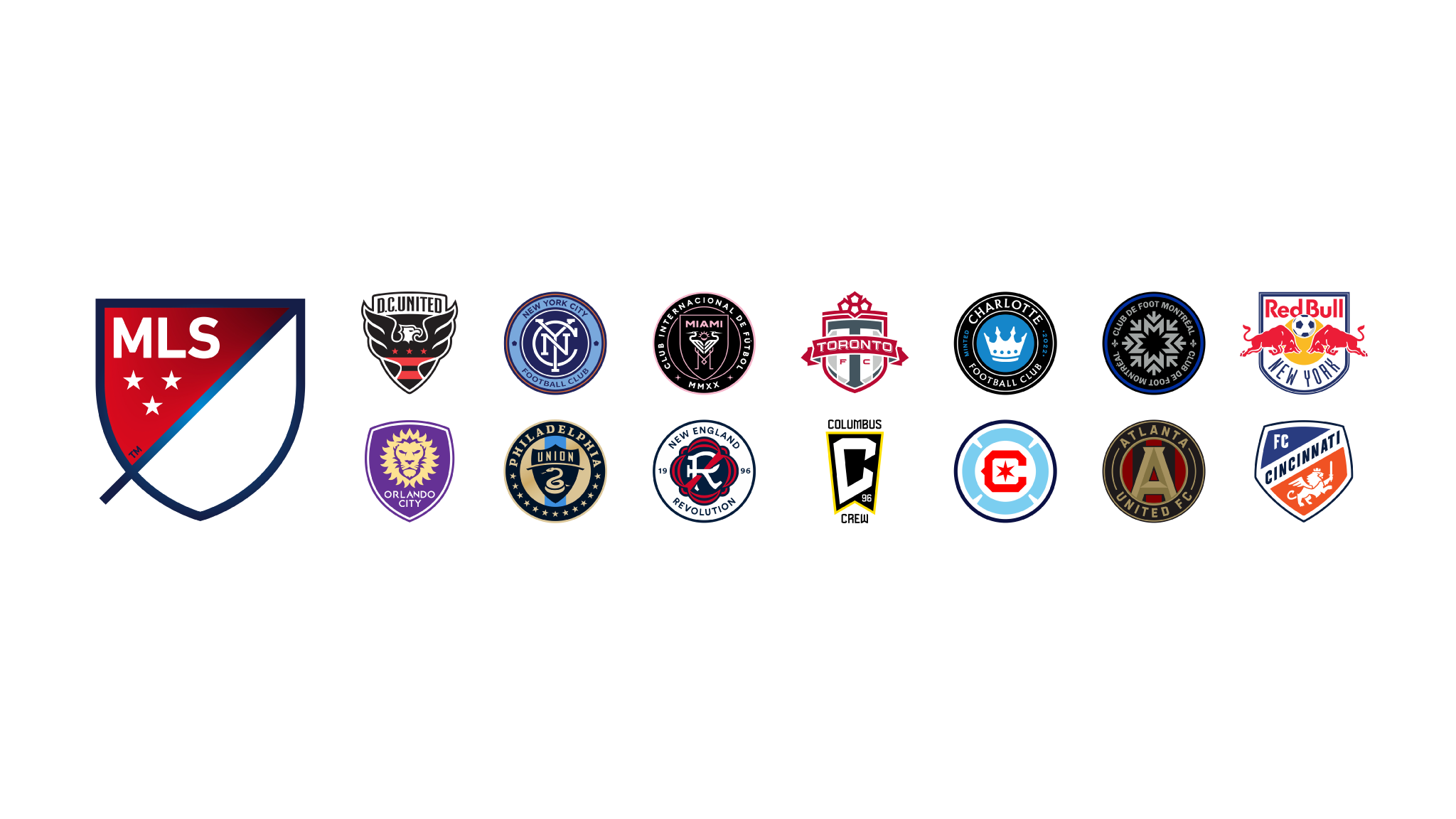
Related Courses:
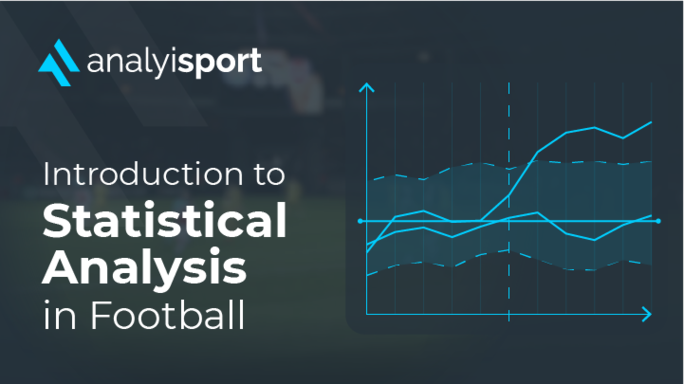
- Level 2
- Module
Level 2: Introduction to Statistical Analysis in Football
£30.00
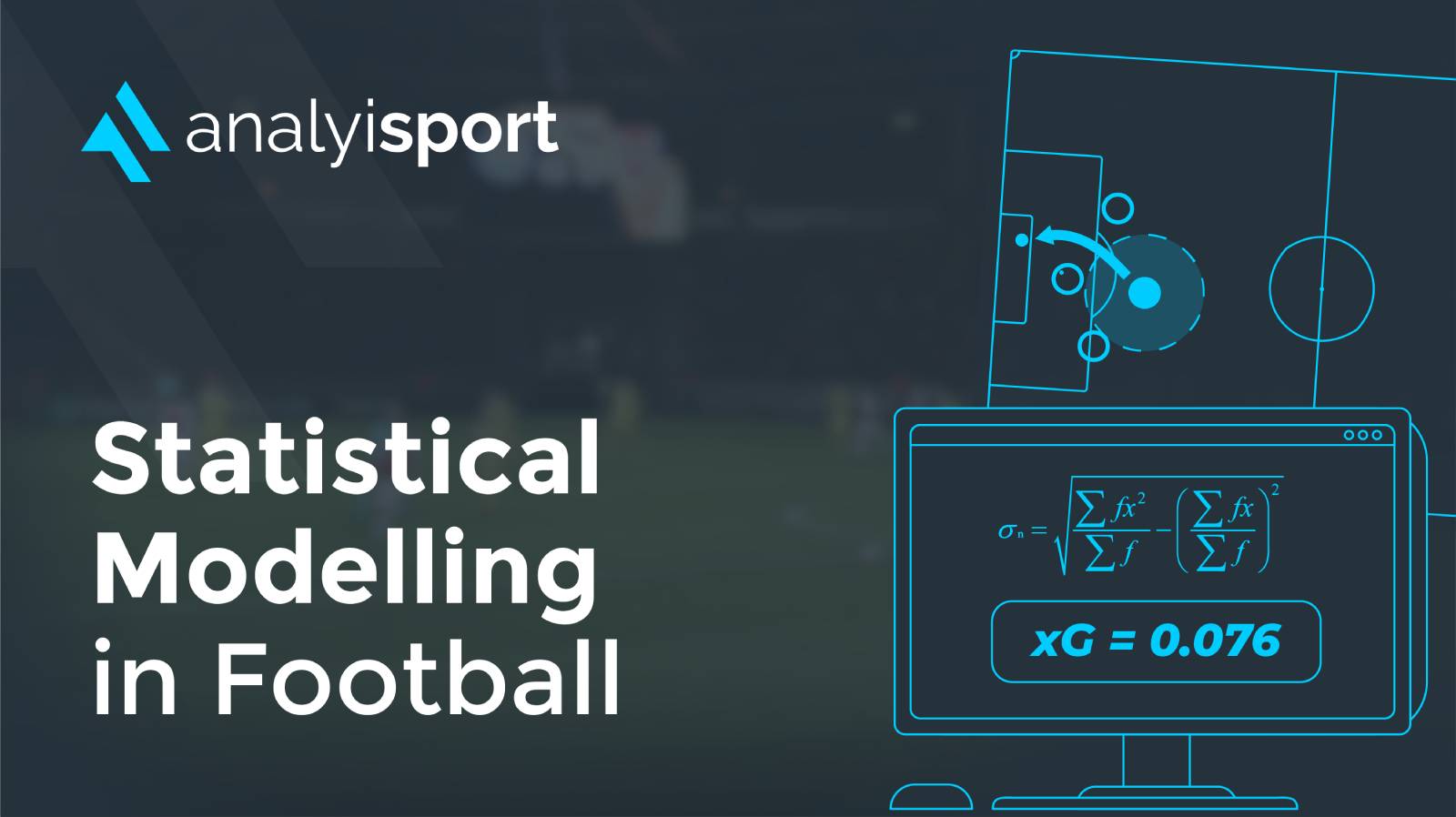
- Level 2
- Module
Level 2 in Statistical Modelling in Football
£30.00
Share this article
Our Learning Pathways
AnalyiSport is for everyone who is passionate about analysis in football. Where are you in your development journey?
Become a Football Scout
As more clubs than ever look to build data into their recruitment process, an understanding of recruitment analysis is your ticket to success in the game.
Related Articles
Our team provides news and insights from the cutting edge of football analysis.
